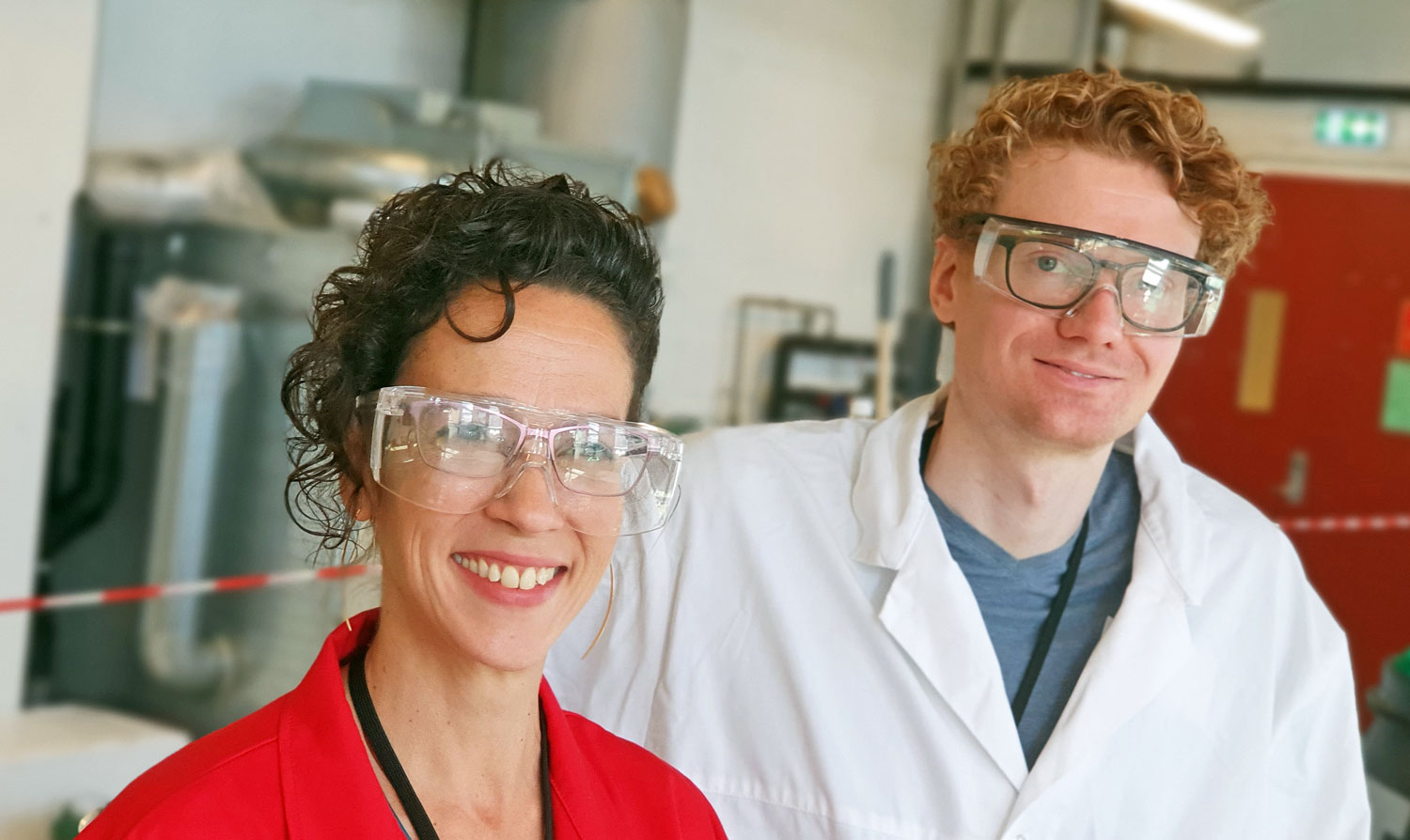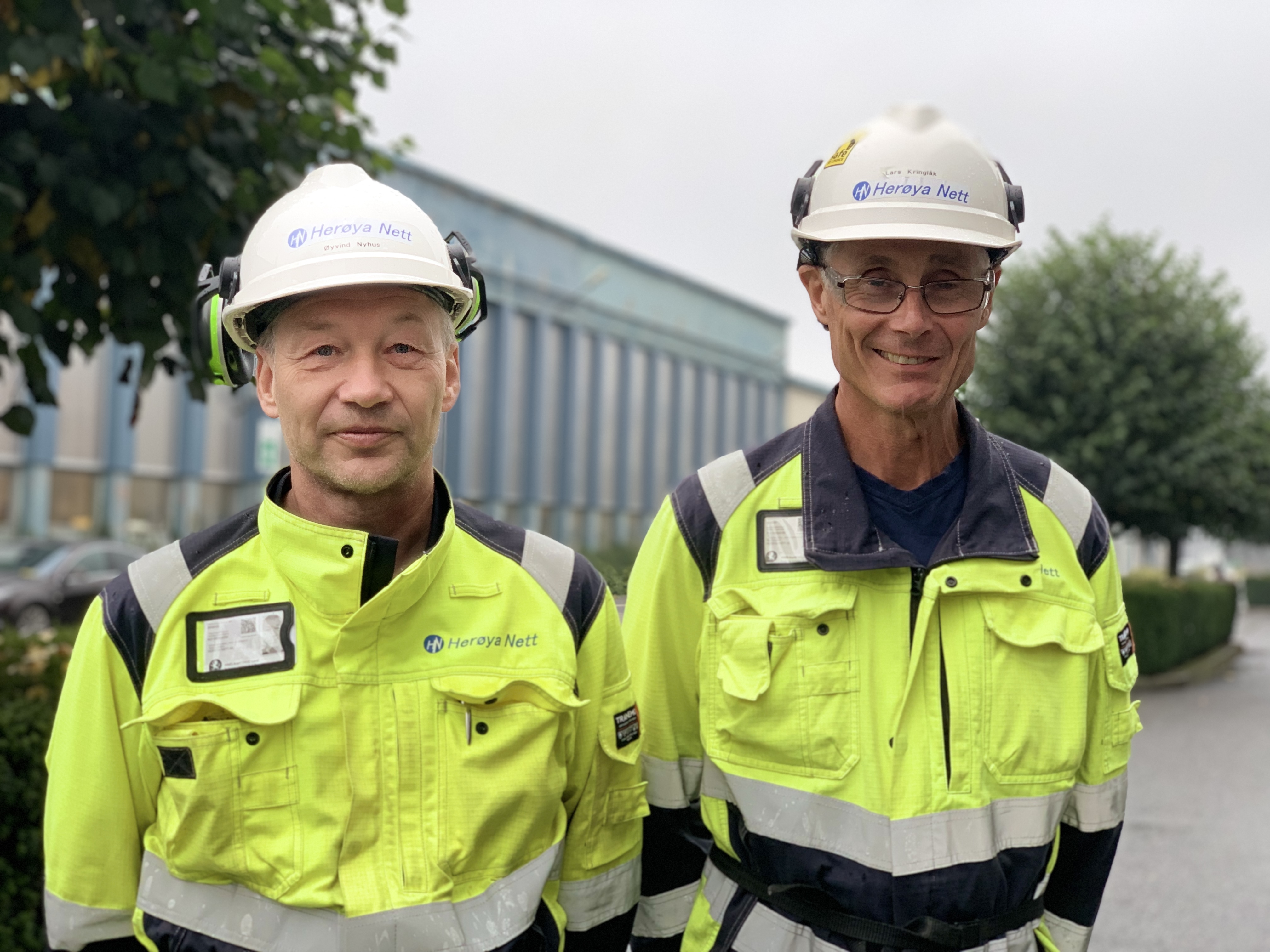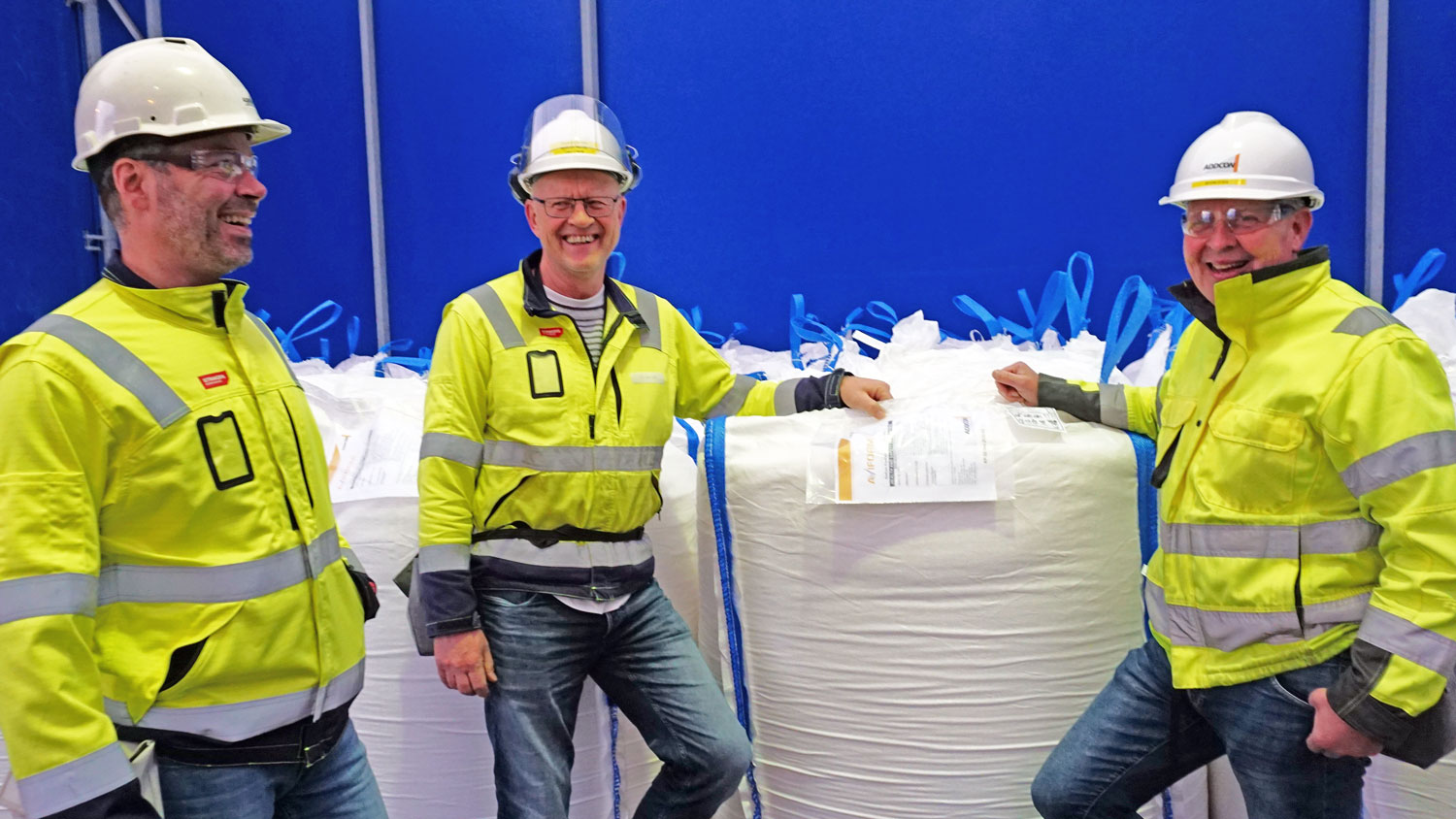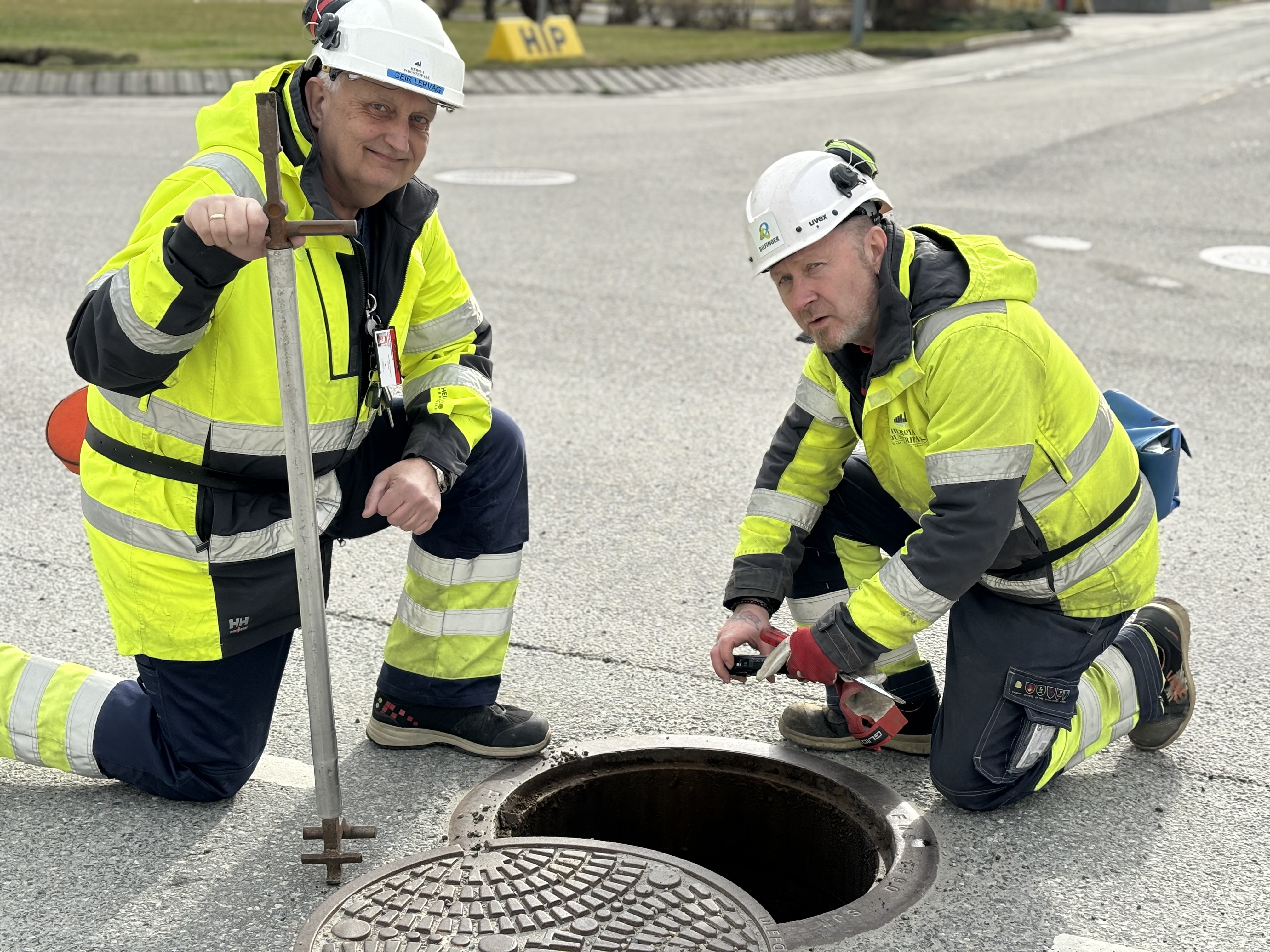Now the international aluminum and silica industry is showing great interest in the new alternative raw material.
Big step closer to the dream
Asunción (Suni) Aranda, a researcher at The Institute for Energy Technology, IFE, Department of Environmental Industrial Processes at Kjeller in Norway, is very satisfied. She leads the 60 million NOK EU funded AlSiCal-project.
"With an optimized production process of silica from Norwegian anorthosite rock, we are a big step closer to the dream," says Suni Aranda. "The dream for this technology we are developing in the AlSiCal project is to be able to supply the aluminum industry and others with domestic raw material and at the same time drive forward the green shift."
Suni Aranda and her team at IFE have researched a completely new technology that separates several raw materials from the rock anorthosite. There is a lot of this rock in special places in Norway, and several countries in the world.
New raw material source, strategically important
The AlSiCal project is mainly about producing an alternative raw material for aluminum production. Bauxite used today has several environmental challenges.
"New raw material sources are strategically very important," says Suni. "It is not just the environmental aspect, but access to raw materials is strategically and politically important for Europe and Norway. It is important that we become independent of third parties."
Great interest
Elkem is an industrial partner in AlSiCal, and makes important assessments of the quality of silica, possibilities of use and value potential.
"Now we are also noticing great interest from several others. We receive inquiries from all over the world requesting information and raw material samples. Markets have changed, and especially with the war in Europe, it can shift from global to more national," says Suni.
Strong environmental signature
"The project also has a strong environmental signature," Suni points out. "We produce with less emissions and waste, we use CO2 in the process, and we use raw materials from Norway."
"Europe is very keen to develop alternative and green processes for this important material, which is why we received a lot of funding from the EU. And the demand for aluminum is increasing worldwide."
Cooperation with the Herøya environment works wonderfully
Suni Aranda fully praises the collaboration with industry experts from Herøya.
"The communication and the practical cooperation work wonderfully. What we are doing here is a good example of how research institutes and industry can combine knowledge."
"Scaling up processes is challenging. Here we cover the entire innovation chain from idea to concept, bench-scale lab and to larger pilots. We are already discussing new steps for this phase and the next. As long as we make good progress, we have a long-term plan," she says.
"In the long term, we hope to be able to produce enough silica that can be used in several products, including car tyres, glass and cement," says Suni.
Valuable learning
Pilot expert Rolf Olaf Larsen, Herøya Industripark AS, has participated in the AlSiCal project since its inception. He is active in facilitating piloting as well as helping to verify sub-processes of the new technology.
"Technically, the pilot works well, and together with assistance from Bilfinger, we adjust the temperature, pressure and filter equipment in the process. Bilfinger's contribution is very valuable in test production here."
"After this pilot campaign, I believe we are able to develop an even larger process for the production of aluminum and other important products from mineral resources," says Rolf Olaf Larsen.
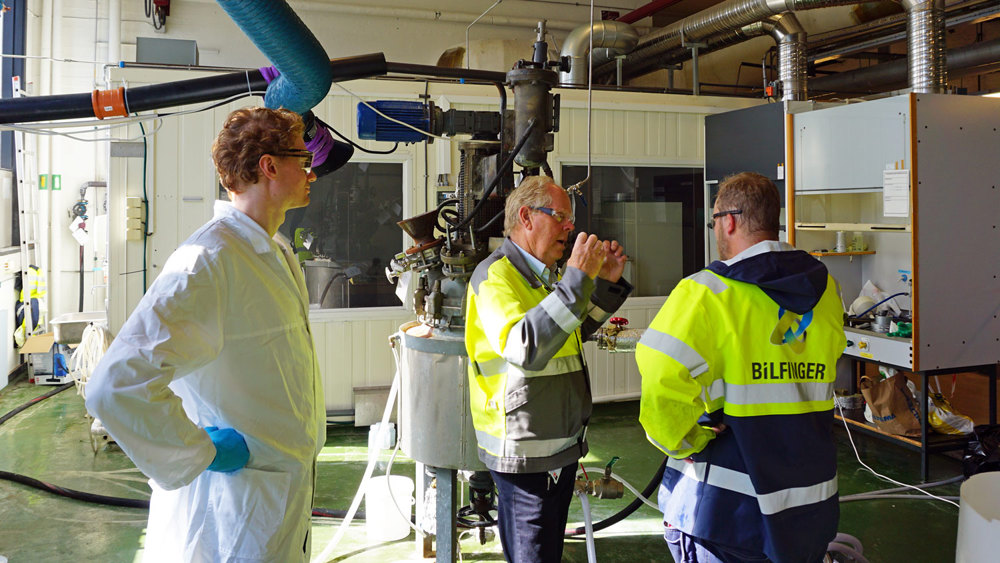
|
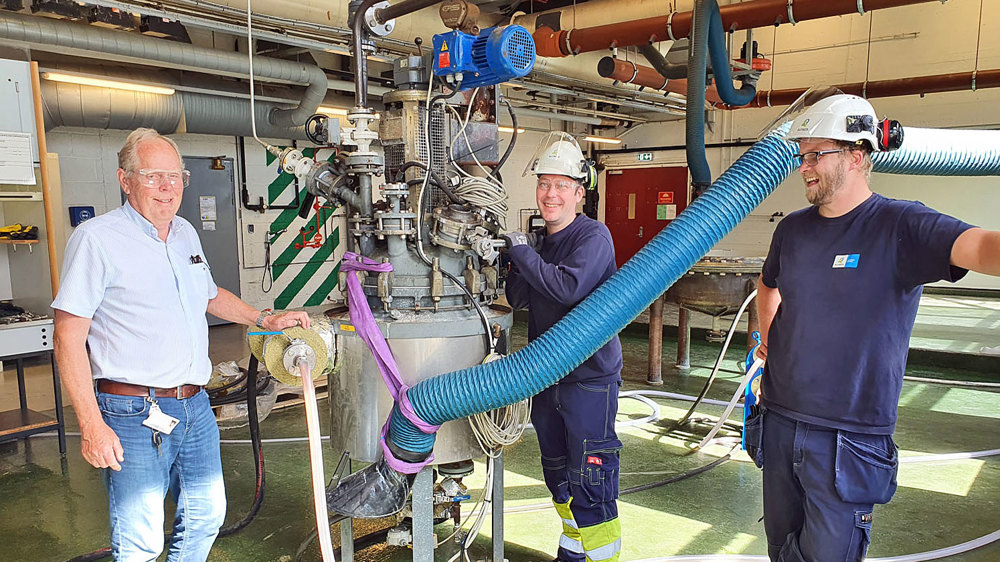
|
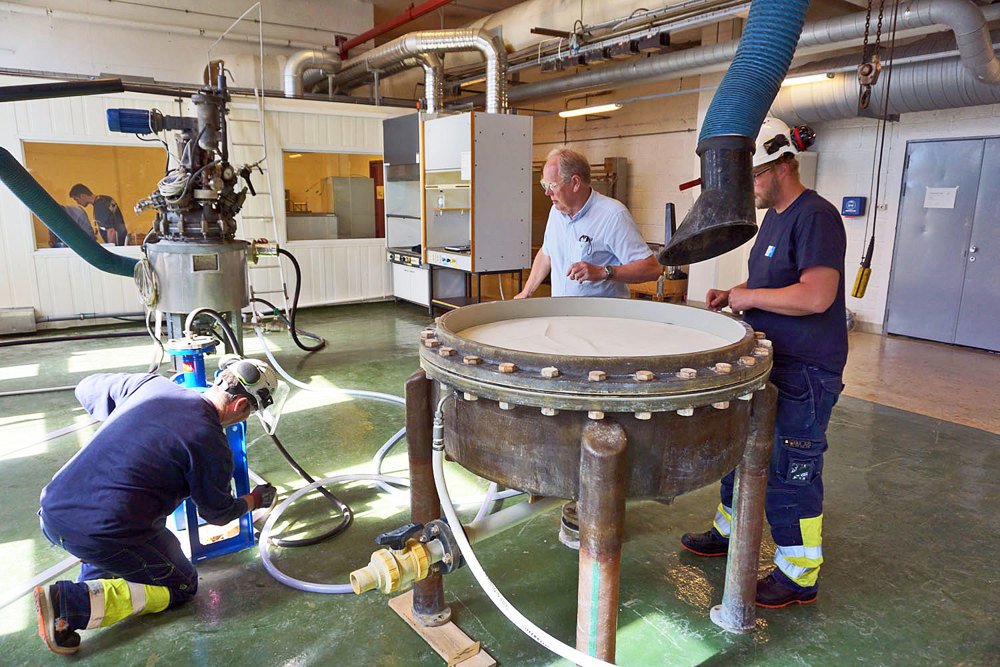 |
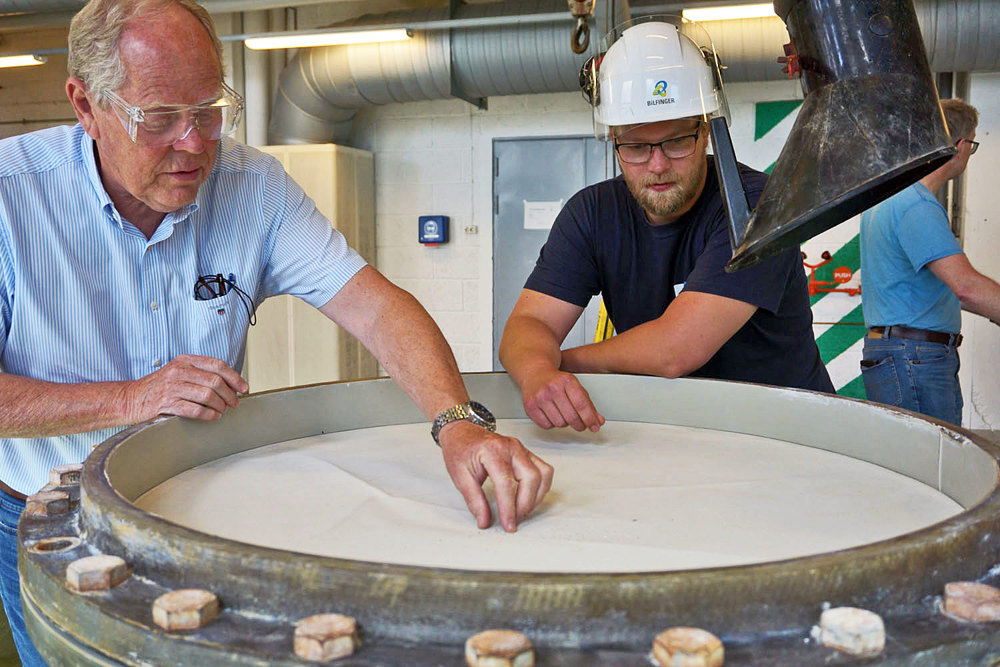 |
|
This project has received funding from the European Union’s Horizon 2020 research and innovation programme under grant agreement No 820911. |
|
AlSiCal-prosjektet has 16 partners from 9 different countries, it is funded by the EU's Horizon 2020 research and innovation program and started in 2019. AlSiCal's technology enables the co-production of three essential raw materials (alumina, silica and precipitated calcium carbonate) using new minerals - for example anorthosite, which is abundantly available worldwide. Production will be able to take place without producing red mud (redmud/bauxite residue) and without emissions of CO2. |
23. August 2022

